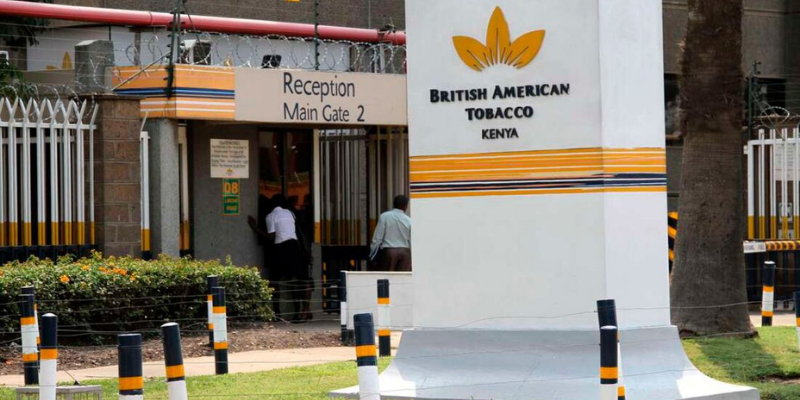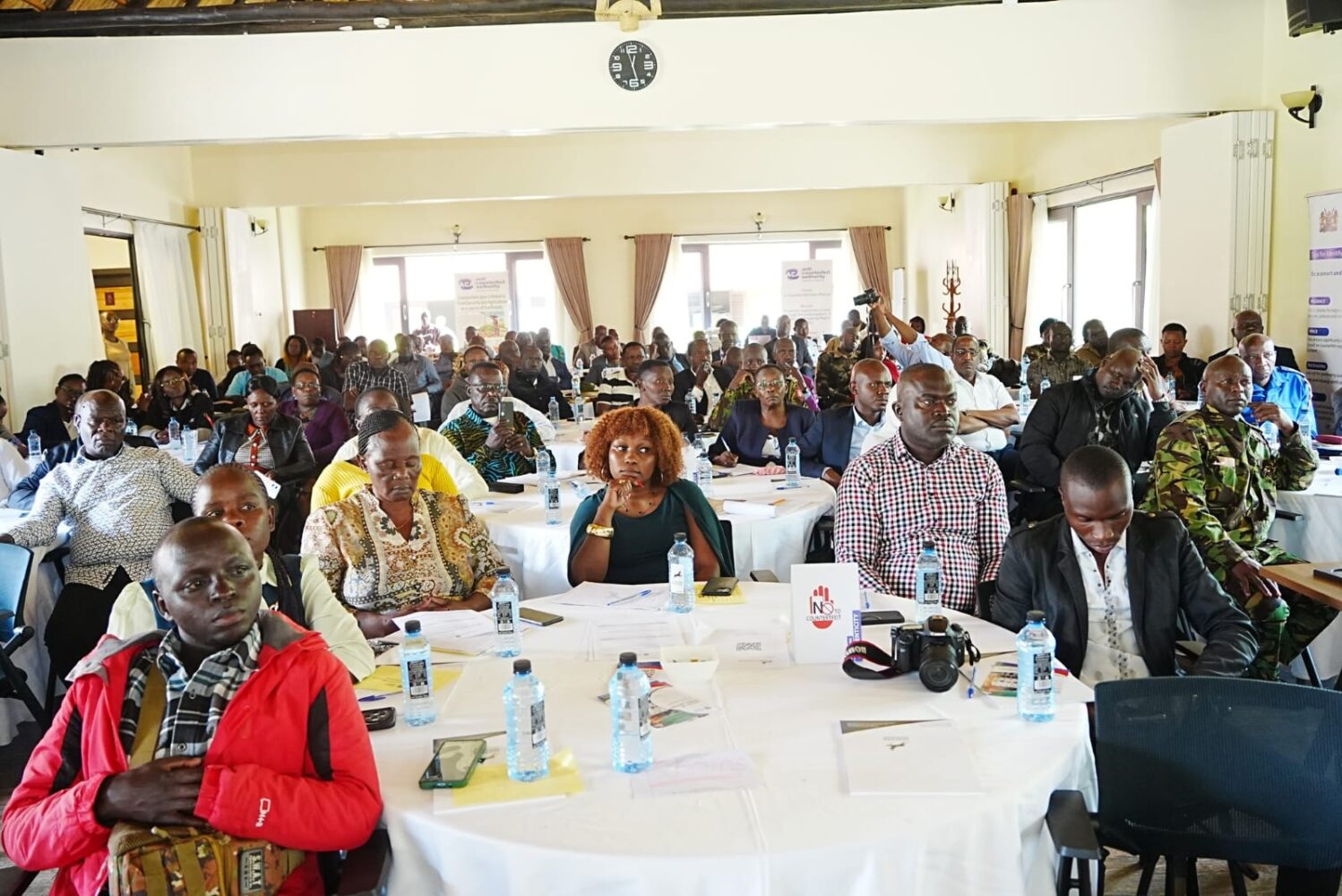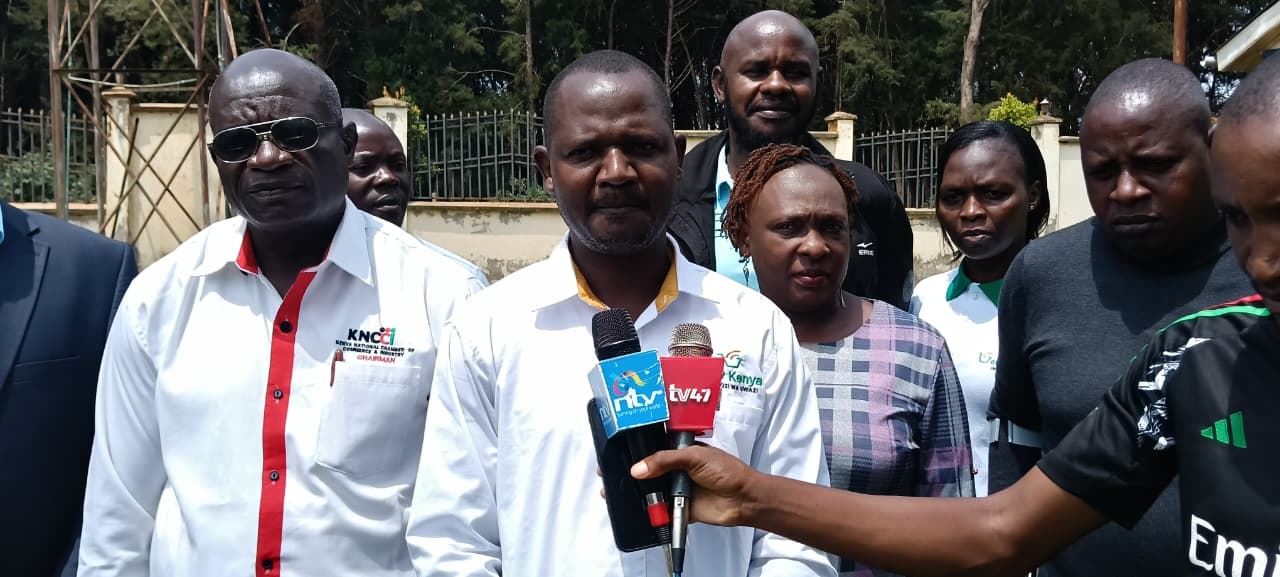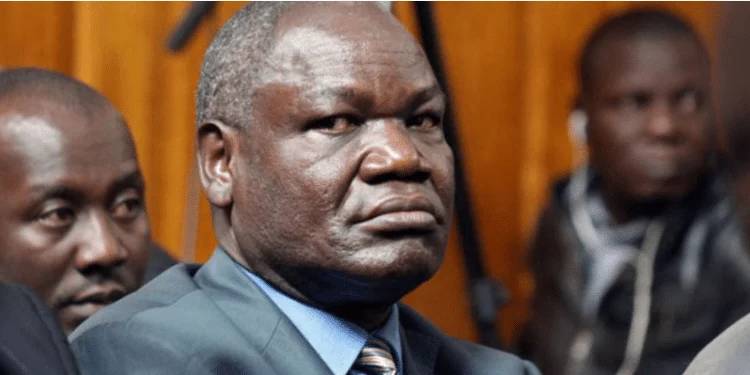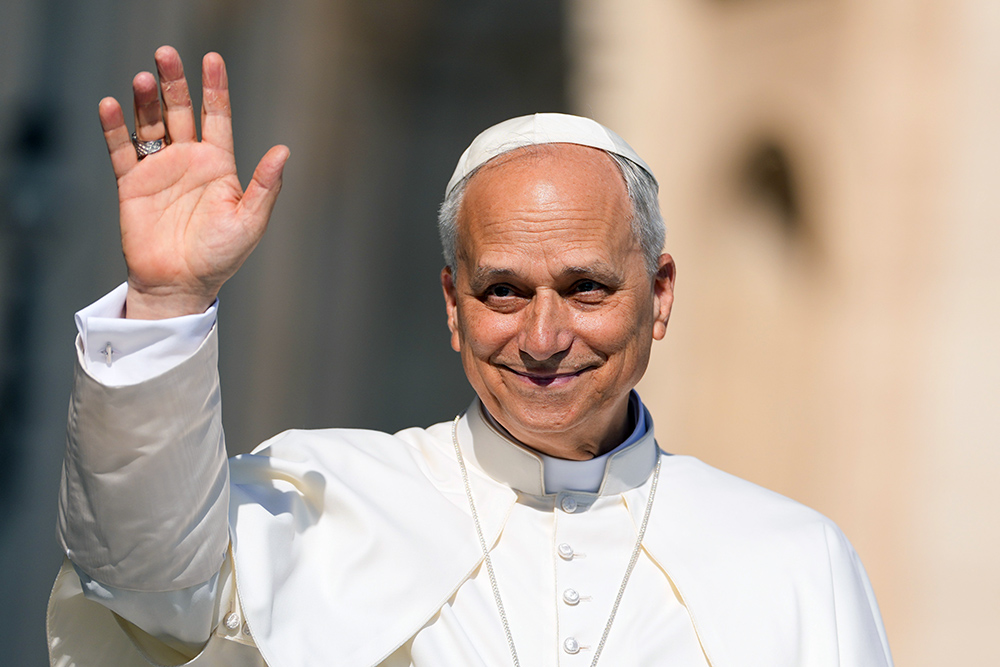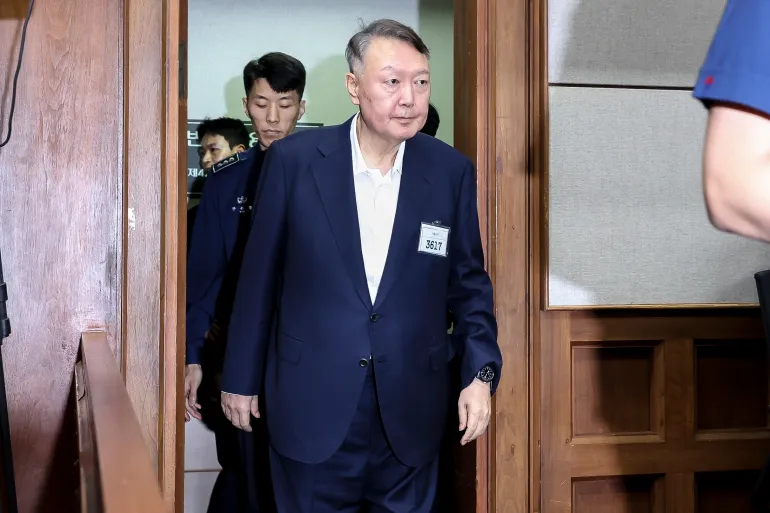Vihiga Senator Godfrey Osotsi has offered a blunt assessment following the resignation of Moses Kuria as Senior Advisor to the President on matters of the economy.
According to Osotsi, Kuria may have stepped down due to a lack of meaningful responsibilities, despite holding a high-profile advisory role.
“The President’s advisors have become so many that some of them have nothing to do,” Osotsi remarked. “On matters of the economy, we have nearly 20 advisors, and maybe he felt he had no work to do, that’s probably why he decided to resign.”
Kuria, a former Cabinet Secretary for Investments, Trade, and Industry, announced his resignation from the State House position on July 8, 2025. His departure came barely a year after being appointed to the advisory role following a Cabinet reshuffle in October 2023, in which he was dropped from the ministerial docket.
Kuria’s appointment as Senior Advisor on economic affairs was seen by some as a political consolation prize. However, critics, including Osotsi, argue that the bloated number of advisors has created overlap, confusion, and in some cases, redundancy, leaving experienced individuals like Kuria underutilized.
His resignation now casts fresh light on internal State House dynamics, raising questions about coordination and the effectiveness of the advisory structure around the presidency.
While Kuria has yet to fully explain the reasons behind his resignation, his decision has reignited public debate on the growing list of presidential advisors and whether their roles are clearly defined or necessary.
Osotsi’s remarks reflect broader concerns within political circles about governance efficiency and the need to streamline operations at the highest levels of government.




